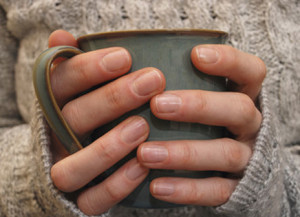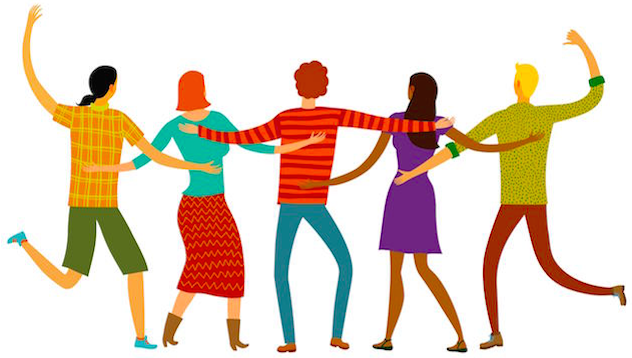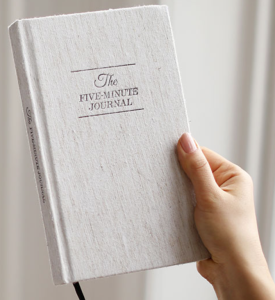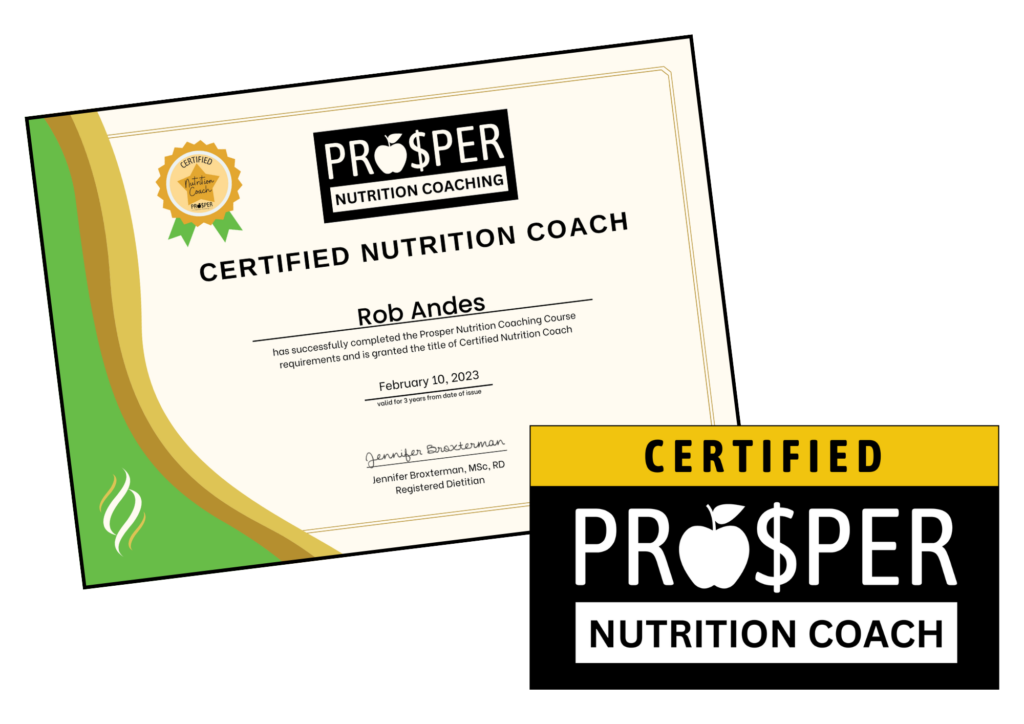

Mental Tools to Develop a Mindset of Gratitude
In an earlier article I wrote called The Benefits of Gratitude, I discussed the importance of cultivating a grateful mindset. It explains why being thankful and appreciative of the good things in your life is one of the most powerful tools at your disposal to increase your overall level of happiness, while improving your health, your relationships, your sleep, your anxiety, and overall feelings of contentment and well-being in life.
If practicing gratitude is something that does not come naturally to you just yet, below are a few tools I highly recommend to help flex and strengthen your “gratitude muscle”.
5 Minute Journal:
https://www.intelligentchange.com/products/the-five-minute-journal
This quick self-reflection journal is completed each morning and evening, asking you to reflect on the following questions:
MORNING:
- I am grateful for…
- What would make today great? …
- Daily affirmation. I am…
EVENING:
- Three amazing things that happened today…
- How could I have made today better?…
In my own life, I’ve re-typed this list of questions and have it framed beside my nightstand. Instead of taking pen to paper in a physical journal, I prefer to quietly reflect in my head the answer to those simple, yet powerful questions each morning and each evening. It’s helped me to better see the world through eyes of gratitude every single day, and the daily reminder about the good things I have in my life always gets me out of bed on the right foot.
Meditation (and Mini Meditation Moments):
Meditation is another important tool to help strengthen your brain and emotional health, and over time develop a deep sense of gratitude for the life you are currently living. Two online guided mediation tools that I personally love using include Headspace and Calm, although taking a few deep breaths to soak in the warm sunshine on my skin, the aroma of something delicious cooking in the oven, the feeling of a hot mug of tea warming up my cold hands, or settling into the gentle embrace of a deep hug with someone I love are “mini meditation moments” that work just as well and allow me to feel happy, grateful, and content right in that very moment.
It’s often the little things, not the big things, that make us feel our happiest, and learning to meditate has helped me to soak in and observe many of those little moments without forgetting to be grateful for the good around me as it’s happening.

Mindfulness:
Closely linked to the practice of meditation is mindfulness. One definition of mindfulness that I especially like is, “awareness of the present experience, with acceptance”. This practice is not about emptying the mind, getting rid of difficult emotions, escaping life’s problems, being free from pain, or experiencing never-ending bliss. Rather, mindfulness is about paying attention and embracing our experience as it is.
With the practice of mindfulness, instead of running away from or trying to decrease the intensity of painful experiences, we work instead to increase our capacity to bear them. However, don’t think that mindfulness is just about accepting difficult situations, it simply is a tool to increase being fully present in the current moment. In turn, this can help us recognize and enjoy positive experiences as they are happening with fully present attention, and be grateful for good things as they come our way.
Three Good Things:
On and off, my husband and I will often start our dinner conversations with an activity called three good things. We each share three good things that happened in our day, or three good things we are grateful for, to help keep our dinner conversation focused on the positive, instead of complaining about the insignificant negative things that might have happened in our day. Don’t get me wrong, dinner time conversation can still be a safe place to vent privately, share our frustrations, and brainstorm solutions to problems we might be facing, but the activity of three good things allows us to keep the natural flow of our conversation on the more positive side of things and helps us to always find something to be grateful for in our day.

Surround Yourself With Other Like-Minded People:
You’ve probably heard the expression, “you are the average of the five people you spend the most time with”, and that is certainly true with developing a mindset of gratitude. Look to surround yourself with other positive, happy, and grateful people, and it becomes easy for an attitude of appreciation to rub off. If negative individuals in your life are getting you down with their constant complaining, comparison, nothing-in-life-is-ever-good-enough attitude, it may be worth putting some distance between the two of you or deciding if this relationship is toxic enough to your well-being that it is worth ending completely. Always look to bring your average up, not down, by choosing carefully who you let into your inner circle, and setting appropriate boundaries for those who bring you down.
Say It Out Loud:
This might seem obvious, but saying out loud what you’re grateful for can snowball your appreciation into something even bigger. If my husband makes dinner, empties the dishwasher, or shovels the driveway after a snowstorm, I always try to say a big thank you and let him know that his selfless actions did not go unnoticed. Whenever I can, I try to write thoughtful emails or send hand written thank you cards to people who have helped me out, so that they know I appreciate their actions.
I know that when my clients and former students reach out to tell me that they appreciate the impact I have had on them, I get a nice warm and fuzzy feeling inside – so I try to carry that feeling forward and make sure I express my gratitude openly to help bring someone else up and make their day just a little bit better. It’s amazing that by expressing your gratitude out loud, it can have a snowball effect of positivity on everyone around you. So don’t be shy, and tell others openly that you really appreciate what they did for you and that their thoughtfulness or impact really meant something special.

Minimalism:
Lastly, I have found that through pursuing a minimalistic lifestyle, my levels of gratitude have increased tremendously. I’ve stopped comparing myself to others, I feel less disappointed and self-critical, and have successfully exited the rat race to “do more / be more / have more / stand out more” trying to keep up with everyone else in life.
Minimalism that taught me to identify and reconnect with what I value most, which in turn has increased my overall appreciation for the people, experiences, and things that have survived the cut and I’ve chosen to surround myself with.
With less possessions to own, a smaller house to maintain, a shorter commute to work, fewer commitments to be stressed out about, and the courage to say “no” to people or things that steal from what I hold nearest to my heart, I’ve found my level of gratitude towards the things left behind explode with joy and abundant appreciation.
My all-time favourite tool that launched me into a life of minimalism was this powerful two-point statement from Leo Babauta’s website ZenHabits:
1. Identify what’s most important to you.
2. Eliminate everything else.
I hope this two-part series on cultivating gratitude can serve you in a positive way, and remember that this mental skill is just like a muscle. The more you practice, the stronger your gratitude muscle grows.
If at first this feels really foreign, silly, awkward, or maybe flat-out uncomfortable, my hope is that you don’t give up on this idea just yet. If you need some convincing on how powerful the impact having a grateful mindset can have on your life, re-read some of the scientifically-proven benefits from my first article, The Benefits of Gratitude.
THANK YOU for taking the time to explore this topic in more detail, and I hope there was something useful that you can take action on in your own life in help increase your own levels of gratitude.
Wishing you health & happiness,
♡ Jen
Jennifer Broxterman, MSc, RD
Registered Dietitian
NutritionRx: happy, healthy living with our team of Registered Dietitians
Prosper Nutrition Coaching: a world-class nutrition coaching certification
+
+
+
Want to work with a NutritionRx Registered Dietitian?
Learn more here: Nutrition Packages & Rates
+
+
+
Want to become a Certified Nutrition Coach?
Learn more about our habits-based Prosper Nutrition Certification




